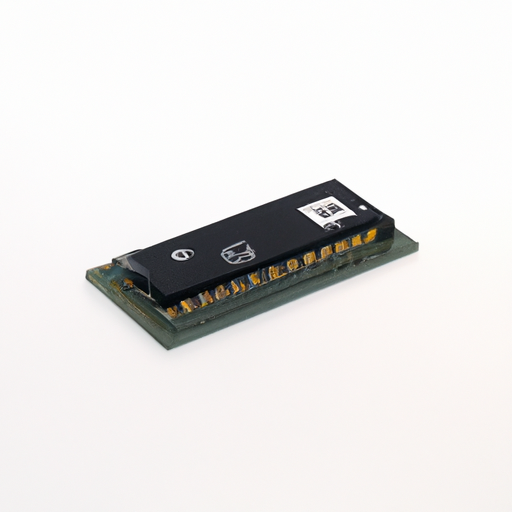Overview of CFR-50JB-52-13K Photo Detectors - CdS Cells
CFR-50JB-52-13K refers to a specific type of photo detector, commonly known as a Cadmium Sulfide (CdS) cell. CdS cells are light-dependent resistors (LDRs) that change their resistance based on the intensity of light falling on them. They are widely used in various applications due to their sensitivity to light and relatively simple operation.
Core Functional Technology
| 1. Principle of Operation | |
| 2. Key Characteristics | |
| 3. Advantages | |
| 1. Automatic Lighting Control | |
| 2. Photography | |
| 3. Solar Garden Lights | |
| 4. Alarm Systems | |
| 5. Toys and Educational Kits | |
Application Development Cases
Conclusion

CFR-50JB-52-13K CdS cells are versatile photo detectors with a wide range of applications. Their ability to respond to light changes makes them ideal for automatic control systems, photography, security, and educational purposes. As technology advances, the integration of CdS cells into more sophisticated systems continues to evolve, showcasing their enduring relevance in various fields. Their simplicity, cost-effectiveness, and durability ensure that they remain a popular choice for both commercial and educational applications.
Overview of CFR-50JB-52-13K Photo Detectors - CdS Cells
CFR-50JB-52-13K refers to a specific type of photo detector, commonly known as a Cadmium Sulfide (CdS) cell. CdS cells are light-dependent resistors (LDRs) that change their resistance based on the intensity of light falling on them. They are widely used in various applications due to their sensitivity to light and relatively simple operation.
Core Functional Technology
| 1. Principle of Operation | |
| 2. Key Characteristics | |
| 3. Advantages | |
| 1. Automatic Lighting Control | |
| 2. Photography | |
| 3. Solar Garden Lights | |
| 4. Alarm Systems | |
| 5. Toys and Educational Kits | |
Application Development Cases
Conclusion

CFR-50JB-52-13K CdS cells are versatile photo detectors with a wide range of applications. Their ability to respond to light changes makes them ideal for automatic control systems, photography, security, and educational purposes. As technology advances, the integration of CdS cells into more sophisticated systems continues to evolve, showcasing their enduring relevance in various fields. Their simplicity, cost-effectiveness, and durability ensure that they remain a popular choice for both commercial and educational applications.











